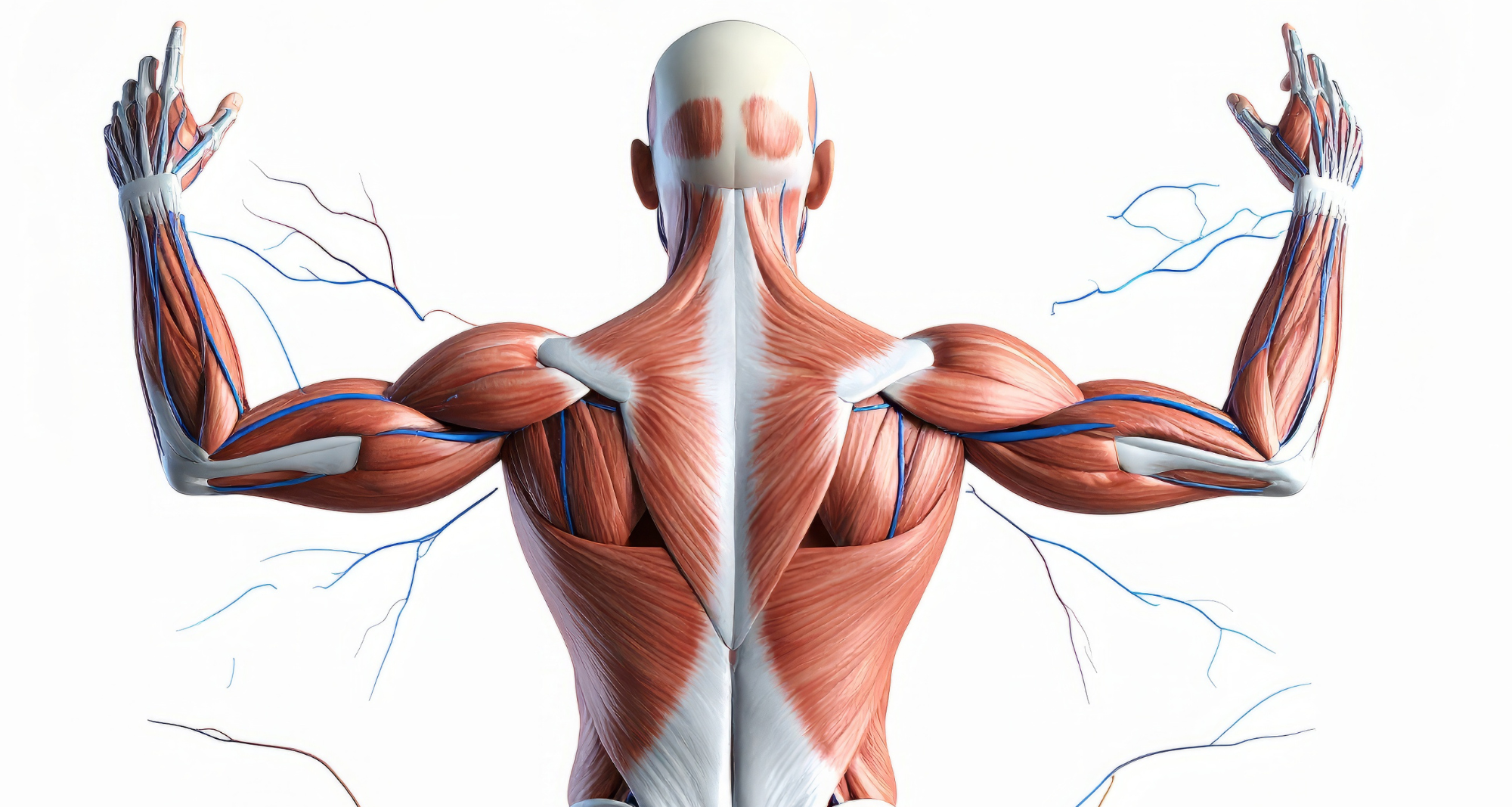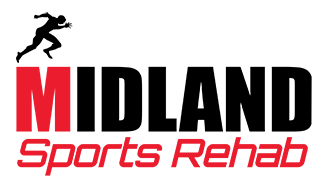Have you ever had a busy, active day—maybe you joined a rec soccer league, moved furniture, or played hard with the grandkids—and woke up the next morning stiff and sore? You might wonder: Did I injure myself, or is this just normal muscle soreness? In this blog, we’ll explore what causes soreness, how to know when it’s something more serious, and what to do if you’re unsure.
Why You Might Be Feeling Soreness
There are several reasons you may experience muscle soreness. The most common cause, especially after physical activity, is tiny tears in your muscle fibers. This is completely normal—and even healthy! These microtears are how your body builds stronger muscles during recovery.
Here are some common causes of soreness:
-
Exercise and Microtears: Small muscle fiber tears from strength training, cardio, or physical activity can cause temporary soreness and inflammation.
-
Stress: Mental or emotional stress often manifests as physical tension in the neck, shoulders, or back, leading to discomfort.
-
Illness: Muscle soreness is a common symptom of viruses like the flu or cold.
-
Dehydration: A lack of fluids can lead to muscle cramps and soreness.
-
Poor Sleep: Sleep is crucial for muscle repair. Without adequate rest, recovery is slower and soreness can linger.
-
Nutritional Deficiencies: Not getting enough vitamins and nutrients (like magnesium or potassium) may make your muscles feel excessively sore—even after light activity.
-
Lactic Acid Buildup: During intense exercise, your muscles may not get enough oxygen. Your body breaks down glucose for energy, which produces lactic acid—a common culprit behind that burning, sore sensation post-workout.

Muscle Soreness at Midland Sports Rehab
Symptoms of Normal Soreness
While most people are familiar with muscle stiffness and discomfort, other symptoms of muscle soreness can include:
-
Mild swelling
-
Tenderness to the touch
-
Redness in the area
-
A dull ache, especially when moving
Normal soreness typically:
-
Rates between 1–4 out of 10 on the pain scale
-
Peaks around 24–48 hours after activity
-
Gradually improves with rest, gentle movement, or stretching
If your pain improves each day and your range of motion increases, you’re likely just experiencing typical delayed onset muscle soreness (DOMS).
When It Could Be Something More Serious
Sometimes, pain is a sign of a more significant issue. Here’s how to tell:
You might need medical attention if you experience:
-
Pain rated over 5 out of 10
-
Soreness lasting longer than 3–4 days with no improvement
-
Significant swelling
-
Decreased range of motion that doesn’t improve
-
Fever, which could indicate infection or systemic inflammation
In these cases, it’s best to consult a professional to avoid further injury.
Not Sure? Let Us Help.
If you’re unsure whether it’s just soreness or a possible injury, we’re here to help. Visit our clinic in Midland, MI for a free injury screen.
Our licensed providers are movement and rehabilitation specialists. During your screen, they’ll:
-
Ask questions about your symptoms and activity
-
Take you through light stretches and movement tests
-
Determine whether your discomfort is soreness or a potential injury
-
Recommend a plan for healing and recovery
Services That Help with Muscle Soreness
If you’re dealing with soreness, two of the most effective recovery services we offer are:
✅ Assisted Stretching
Guided stretching sessions can:
-
Improve circulation
-
Reduce muscle tightness
-
Speed up recovery
-
Decrease soreness intensity and duration

Your initial assisted stretch session is completely free!
✅ Massage Therapy
Massage helps by:
-
Releasing lactic acid buildup
-
Breaking down muscle tension
-
Boosting blood flow to speed healing
Rehab Options for Injuries
If your discomfort turns out to be something more, we offer personalized rehab services to help you heal and get back to doing what you love—pain-free.
💪 Physical Therapy in Midland, MI
Our PTs will create a custom treatment plan with:
-
Targeted exercises
-
Hot/cold therapy
-
Mobility training
🌟 Chiropractic Care for Muscle Soreness and Injury
Our chiropractors use:
-
Soft tissue therapy
-
Exercise guidance
-
Personalized care plans to restore alignment, relieve pain, and support your recovery.
Conclusion
Muscle soreness is common—and even a good thing! But it can also mask something more serious. Knowing the difference is key to staying healthy and pain-free. If you’re ever unsure, don’t wait it out—come in for a free injury screen at Midland Sports Rehab. Our team is here to help you move better, heal faster, and live your life to the fullest.
